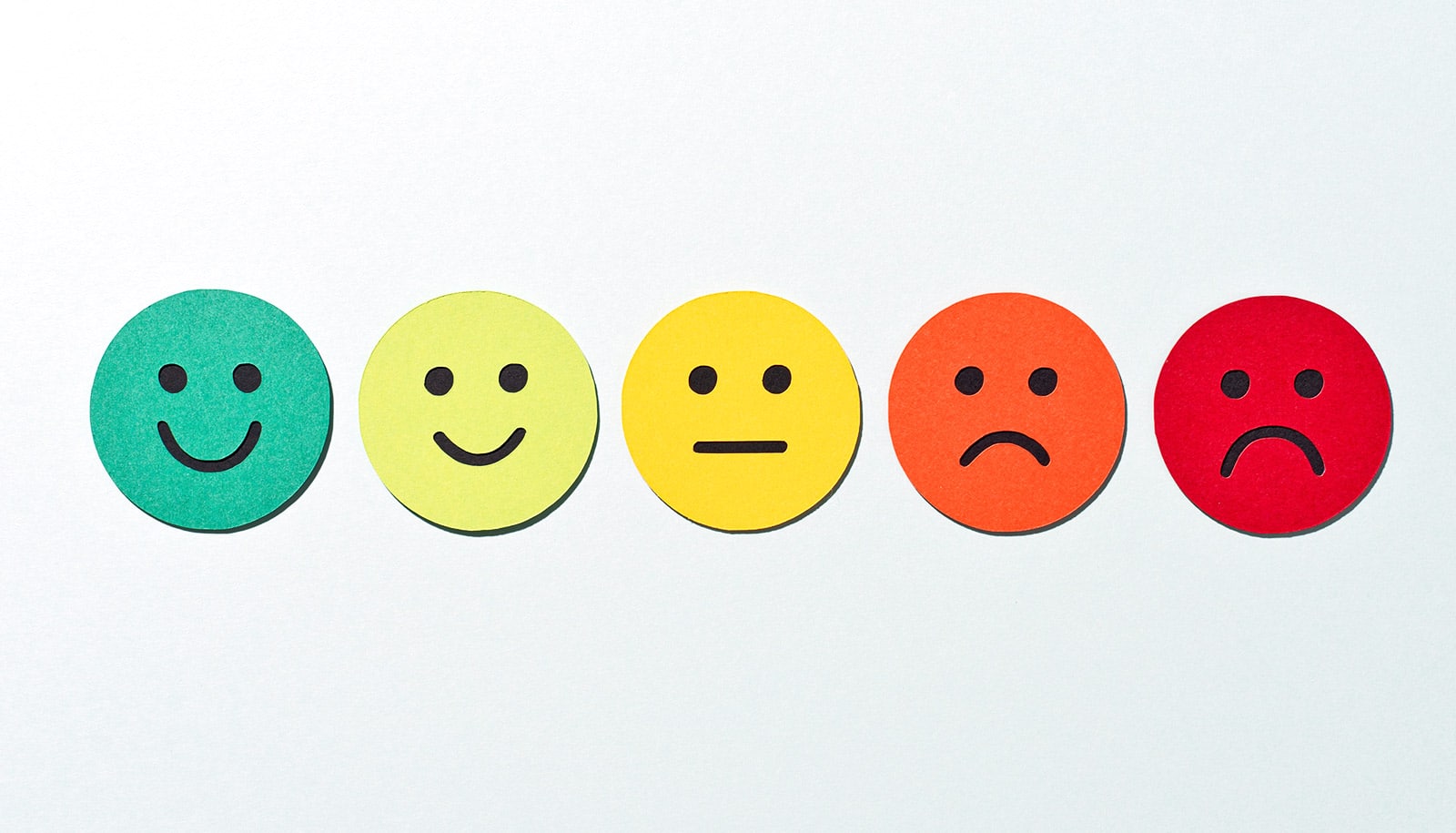A new study finds that revealing employee pay unexpectedly influences workplace dynamics in ways never demonstrated before.
Many companies keep employee pay shrouded in secrecy while other employers make such information known to their workers. So, what are the impacts of compensation transparency?
When employees learn how their pay stacks up against their peers, their feelings of entitlement—and the salary they believe they deserve—can rise or fall depending on how close they are to the top of performance ranking lists, the researchers found.
Those with top performance rankings felt entitled to significantly higher compensation than those ranked lower, even when comparing themselves to peers with similar rankings, and were more likely to demand significant raises.
Conversely, those at the bottom of the rankings felt more demoralized and were less likely to ask for a raise, and sometimes felt they didn’t deserve one at all. They thus may have little incentive to do better or collaborate with their coworkers.
The study raises ethical questions about how performance measurement systems might impact employee motivation, collaboration, and perceptions of fairness—especially for those not at the top of the rankings.
“Organizations should carefully consider the type of information shared with employees, as the appropriateness of this information may depend on the employees’ relative performance,” says Boris Maciejovsky, a University of California, Riverside School of Business professor.
Maciejovsky, an associate professor of management, and his coauthors conducted four experiments exploring a phenomenon they call “standard-based entitlement.” They demonstrated that an employee’s position in company rankings significantly influences how much they feel entitled to compensation they believe they deserve.
Top rankings spur a sense of entitlement to demand more compensation, while lower rankings dampen such a sense of entitlement. These findings have important implications as organizations increasingly adopt pay transparency policies. While transparency aims to promote fairness and reduce inequities, it may create unexpected consequences by reinforcing status differences between high and low performers which impeded teamwork and collaboration, Maciejovsky says.
The research challenges the assumption that transparency always leads to better outcomes in fairness and morale. Instead, it highlights a complex interplay between social comparison and individual perceptions of worth. Employees, the study found, don’t simply respond to how much others make—but rather, how close they are to being the top performer. That nearness to a high-status benchmark, not just the numbers, drives feelings of deservingness.
In one experiment, participants were asked to imagine applying for a new job after learning their performance rank in a previous company. Those told they ranked third out of 500 asked for significantly more than those ranked in the middle or at the bottom—despite receiving identical information about a peer’s salary offer.
Another experiment found that feelings of entitlement acted as the psychological link between rank and requested pay. Those closer to the top felt more deserving, and this translated directly into higher salary demands.
The study’s findings are timely, as more states—including California—enact “right-to-know” laws requiring pay disclosures in job postings. Meanwhile, websites like Glassdoor and Levels.fyi make salary information easier than ever to access.
The researchers emphasize that transparency still has value. It can uncover unfair disparities and help reduce systemic biases. But their findings suggest that employers should also invest in supporting a workplace culture that values growth and contribution across all levels—not just those near the top.
“Transparency is a powerful tool,” Maciejovsky says. “But like any tool, it can have unintended consequences if we don’t use it wisely.”
The research appears in the Journal of Business Ethics.
Additional coauthors are from the Imperial College London, the University of Texas at Austin, and UC Davis.
Source: UC Riverside



